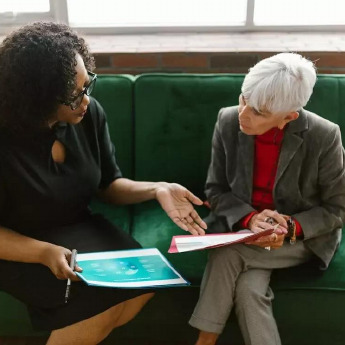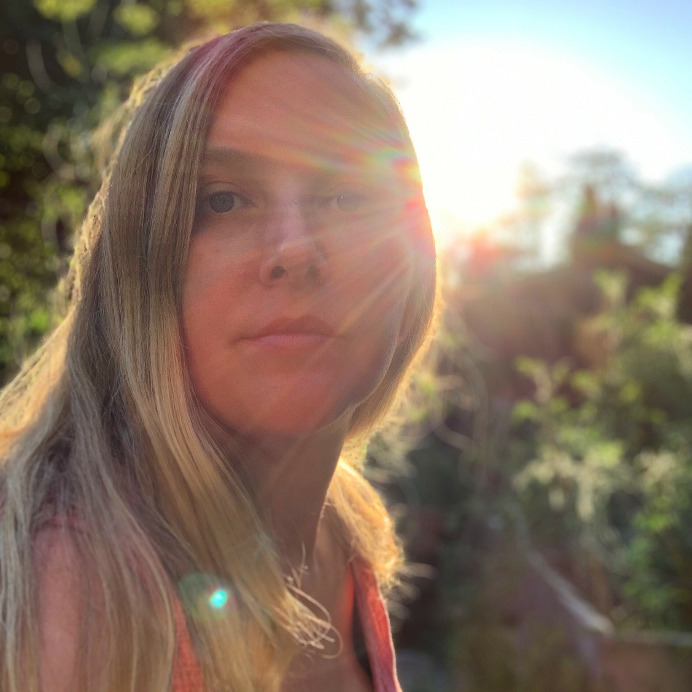By continuing to use our site, you consent to the processing of cookies, user data (location information, type and version of the OS, the type and version of the browser, the type of device and the resolution of its screen, the source of where the user came from, from which site or for what advertisement, language OS and Browser, which pages are opened and to which buttons the user presses, ip-address) for the purpose of site functioning, retargeting and statistical surveys and reviews. If you do not want your data to be processed, please leave the site.
The Voice of People With Breast Cancer
Education
Our Voices Blog
Tag : patient advocacy
I Faced Cancer—Then I Faced Him. How One Man’s Bias Tried to Sink Me
Not long ago, I felt confident about my post-cancer status. Like I was finally rising above and beyond being just a breast cancer survivor. That I could actually do real-life things and shake off some of the lingering shadows. It felt good and empowering, and suddenly, I was ready to take on new challenges. So, I did, by swimming laps at the community centre pool. And boy, did I suck at it horribly.
Three Things I Learned That Make Me Mentally Stronger
This was not (and sometimes still isn’t) easy. I blamed and shamed my way through surgery and treatment. As a result, I held my breast cancer diagnosis close to my heart, not really talking about it or sharing about my experiences with anyone beyond my tight circle of confidants. It wasn’t until a friend pushed me to write an article about my experience with breast cancer that I started to crack open and search for a different way to go through it.
Decoding Life and Health Insurance Policies: A Simple Guide
When diagnosed with breast cancer, having a life and health insurance policy can be an important tool to help you offset the financial toll it can take on your life. But these policies can be confusing. Unless you work in the sector, all the industry-specific language, details, and different clauses and subclauses might sound like a foreign language. This guide will help you make sense of your insurance policy.
One Woman’s Mission to Transform Breast Cancer Care in Canada
In 2017, Dawn received her own life-changing diagnosis: triple-negative breast cancer (TNBC), an aggressive form of breast cancer. When diagnosed with this type of breast cancer, the message of hope is often lost amidst the urgency of treating an aggressive form of cancer. Being told things like, “survival rate is low, recurrence is high”, “it’s harder to treat", "chemotherapy regimen is very aggressive”, “the side effects are quite harsh”, “typically, the cancer may return in the first 5 years following treatment” can leave a person feeling helpless.
Making Powerful Healthcare Decisions - Claim Your Voice
Having a solid strategy for gathering trusted and dependable information is critical for making informed treatment decisions when it comes to your health. It is also important to be able to communicate assertively with healthcare practitioners as an equal partner in shared decision-making.
Questions and Experts Session Guide: A Radiologist Answers Questions about Breast Imaging After Breast Cancer
In today’s post, we provide the questions that were sent in and asked during the live session of our Questions and Experts session held in April 2022. In this session, Dr. Jean Seely, Head of the Breast Imaging Section at the Ottawa Hospital, answered questions about breast screening and imaging after breast cancer. In the parentheses, you’ll find the timestamp of where to find the question in the on-demand video. Read our Screening AFTER Breast Cancer Advocacy Guide to learn more about follow-up surveillance for those who have had breast cancer and to learn how to advocate to access the appropriate testing.
Ten Years: On the Unplanned Path of Early-Stage and Late-Stage Breast Cancer
Five years ago, I shared that I made it 5 years out from the day I was told “it’s breast cancer.” 6 months after that, I was diagnosed with stage 4 breast cancer. I was in the 30% of early-stage breast cancers that eventually becomes metastatic.
CBCN-in-Action: 2021 in Review
The Canadian Breast Cancer Network exists to ensure the best quality of life for all Canadians diagnosed with breast cancer. We do this by voicing the views and concerns of breast cancer patients through education and advocacy activities. We also work to ensure that what we undertake is: patient-centered, credible and promotes equity.
Questions and Experts Session Guide: A Drug Access Navigator Answers Questions about Accessing Breast Cancer Drugs in Canada
In today’s post, we provide the questions that were sent in and asked during the live session of our Questions and Experts session held in October 2021. In this session, Michele MacDonald, RPhT, a Regulated Pharmacy Technician a Drug Access Navigator, answered questions about accessing breast cancer drugs in Canada. In the parentheses, you’ll find the timestamp of where to find the question in the on-demand video.
Reading Research: 4 Things to Pay Attention to When Reading Breast Cancer Journal Articles
Breast cancer research continues to show promising results and advances in the detection and treatment of the disease. More and more, work is being done in this area and studies provide hope to those diagnosed and living with breast cancer. With article headings boasting about new, better, and less invasive ways to treat breast cancer, it is important to understand the actual findings of the study and not get caught up in exciting headlines and summaries. In other cases, you may come across the results of a study from a news article or elsewhere online.
CBCN's Digital Storytelling and Advocacy Toolkit: Using Personal Storytelling for Advocacy
While there have been many advances made in the diagnosing, treatment and management of breast cancer, individuals diagnosed with or living with breast cancer still face issues that are not yet being addressed by the organizations and government bodies that serve them. In addition to this, the public is generally not aware of the day-to-day impacts of a breast cancer diagnosis on individuals and their families.
Self-Advocacy Tips: For Patients, From Patients
Last year, we wrote a blogpost on the importance of advocating for yourself as someone with breast cancer. We also shared tips on how to go about becoming an advocate and being a part of your healthcare team. While the information shared is valuable and reflects situations you may find yourself in, we believe that the best way to learn is to hear from people who have been there already.















